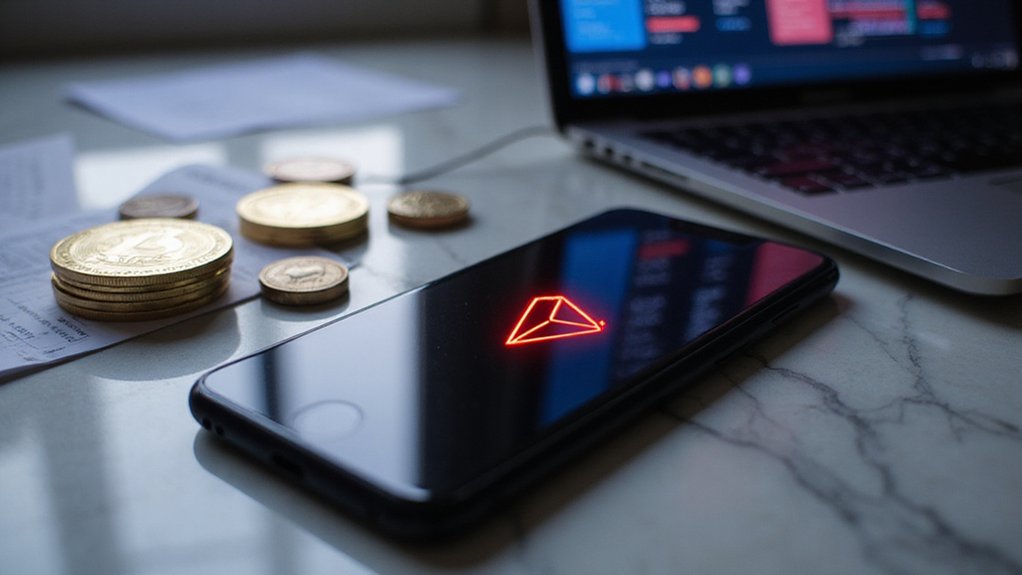Revolut has streamlined its cryptocurrency purchasing process by integrating with MoonPay‘s payment infrastructure, allowing UK and European Economic Area users to execute crypto transactions with the same effortless precision typically reserved for ordering coffee through a mobile app.
The integration transforms what was once a convoluted process of card details, multiple verification steps, and authentication hurdles into a single-tap experience. Users simply select “Revolut Pay” and authenticate through passcode or biometric verification within the Revolut app—a remarkably civilized approach to what has historically resembled digital archaeology more than modern commerce.
This development effectively eliminates the friction points that have plagued cryptocurrency purchases since Bitcoin’s inception. Rather than maneuvering through the traditional debit card gauntlet (complete with declined transactions and suspicious bank algorithms), users can now complete purchases in roughly half the time previously required.
The system mirrors express checkout experiences like Apple Pay, though it could be contended that buying digital assets should never have been more complicated than purchasing physical goods in the first place.
MoonPay’s vast network of over 500 partner applications and wallets—including platforms like Zengo, Solflare, Uniswap, OpenSea, Bybit, and Sweat Wallet—becomes instantly accessible through this integration. A single KYC verification on MoonPay grants access across this entire ecosystem, eliminating the regulatory redundancy that has historically plagued crypto adoption.
The security architecture combines Revolut Pay’s advanced fraud monitoring with MoonPay’s compliance framework, creating what amounts to a regulatory sandwich with crypto filling. Users authenticate purchases through biometric identification or passcodes, while both platforms maintain the necessary oversight to satisfy financial authorities who remain perpetually concerned about digital asset transactions. As cybersecurity threats continue to evolve with tactics like North Korean malware targeting crypto platforms on macOS, robust security measures become increasingly critical for protecting user assets.
From a technical perspective, MoonPay’s APIs and SDKs facilitate seamless integration with Revolut’s existing infrastructure, enabling instant fund transfers that bypass traditional e-commerce payment friction. The system supports thorough fiat-to-crypto functionality alongside NFT onramp and offramp capabilities, effectively bridging traditional banking with decentralized finance. MoonPay’s substantial market presence extends to nearly 30 million customers globally, underscoring the platform’s established infrastructure for handling large-scale crypto transactions. This enhanced accessibility is expected to significantly reduce payment-related drop-offs during transactions, addressing one of the primary obstacles to crypto adoption.
This partnership represents a significant step toward mainstream crypto adoption, transforming speculative digital assets into accessible financial instruments. Whether this convenience ultimately benefits users or simply makes it easier to participate in volatile markets remains an open question—though the technology itself is undeniably impressive.









